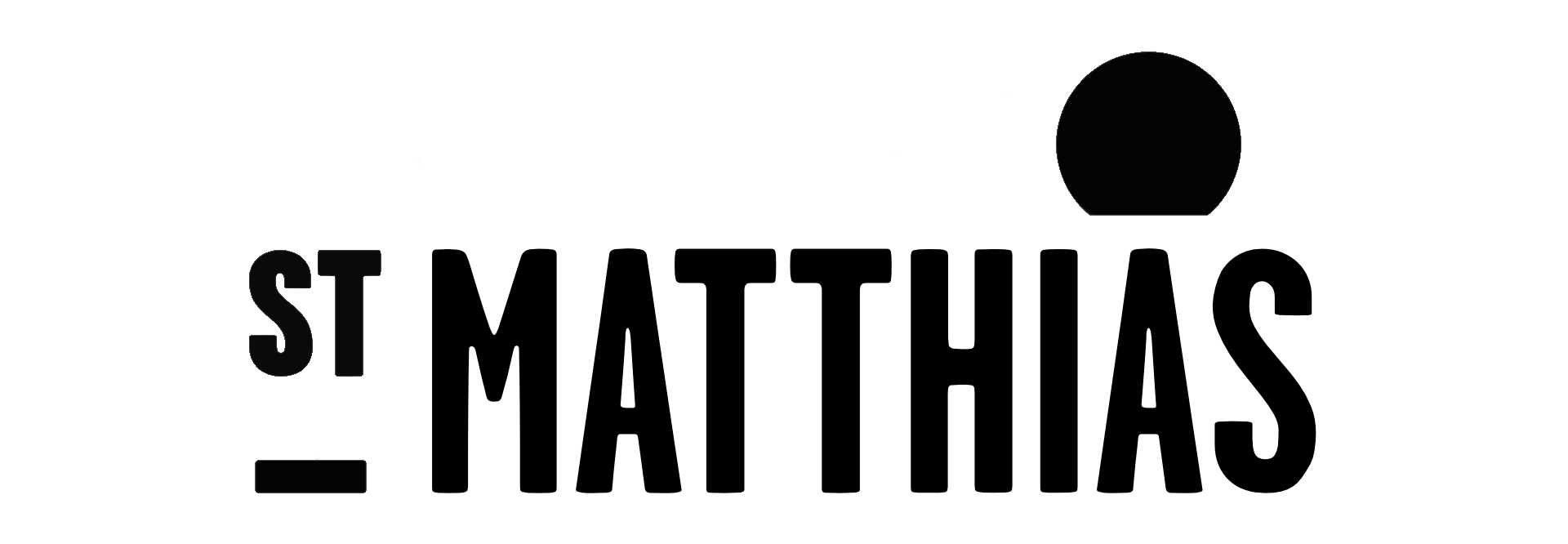Fasting
For most of church history, fasting has been a normal, expected part of following Jesus—just as foundational as prayer, gathering for worship, or reading Scripture. Jesus fasted. The early church fasted. For over 1,500 years, fasting was a core practice of spiritual formation. But today, in much of the modern church, it has been largely forgotten or misunderstood.
At its core, fasting is an embodied way of reordering our desires toward God. It is the voluntary practice of abstaining from food for a set period as a way of saying, with our whole body: “God, You are my deepest hunger. More than food, more than comfort, more than anything—I long for You.”
Fasting is not about earning God’s favour, proving our spirituality, or bending God’s arm to get what we want. Instead, it is a practice that:
- Engages our whole being—not just our minds, but our desires and longings.
- Trains us to seek God first, helping us order our loves in alignment with the Kingdom.
- Opens space for prayer and communion, drawing us closer to God in our daily lives.
Practical tips for fasting
If you’re new to fasting, start small and build over time. This isn’t about legalism or perfection—it’s about training your heart in a way that makes space for God.
Before You Fast:
- Start where you are. Don’t compare yourself to others—choose a fast that stretches you but is sustainable.
- Make a plan. Decide in advance when and how you’ll fast, and what you’ll do with the time you would have spent eating.
- Pray about your intention. Fasting is about God, not just the act of abstaining from food. What are you seeking in this time?
During Your Fast:
- Redirect your hunger to God. Use moments of hunger as reminders to pray: “God, I hunger for You even more than food right now.”
- Stay hydrated. Drink plenty of water. Some people also find black coffee or tea helpful.
- Create space for prayer. If possible, use mealtimes to pause and be with God.
- Be present to your body and emotions. Fasting can bring up all sorts of feelings—use this as an opportunity to surrender and seek God’s presence.
Breaking Your Fast:
- Ease back into eating. Don’t go straight to a feast! Break your fast with something light and nourishing.
- Reflect on your experience. How did fasting impact you physically, emotionally, and spiritually? What did you learn?
- Make it a rhythm. Consider incorporating fasting into your life on a regular basis.
⚠️ Note: If you have a history of disordered eating, or if fasting would not be healthy for you, please approach this practice with wisdom and care. There are other ways to engage in spiritual disciplines and other forms of abstinence that may be more appropriate for you.
resources for practicing fasting
Courses & Podcasts
- Fasting Course – Practicing the Way
- Podcast: Rule of Life – Practicing the Way
Books & Articles
- God’s Chosen Fast – Arthur Wallis (A classic, foundational guide to fasting.)
- The Celebration of Discipline – Richard Foster (Includes a chapter on fasting as a spiritual practice.)
- Fasting: The Ancient Practices – Scot McKnight (A historical and biblical perspective on fasting.)
- The Common Rule – Justin Whitmel Earley (How fasting fits into a holistic spiritual rhythm.)
- The Way of the Heart – Henri Nouwen (Solitude, silence, and fasting in the spiritual life.)
- The Spirit of the Disciplines – Dallas Willard (A broader look at spiritual disciplines, including fasting.)
- Live No Lies – John Mark Comer (Touches on fasting as resistance to cultural formation.)
- Desiring the Kingdom – James K.A. Smith (Philosophical, but insightful on how practices shape our desires.)
